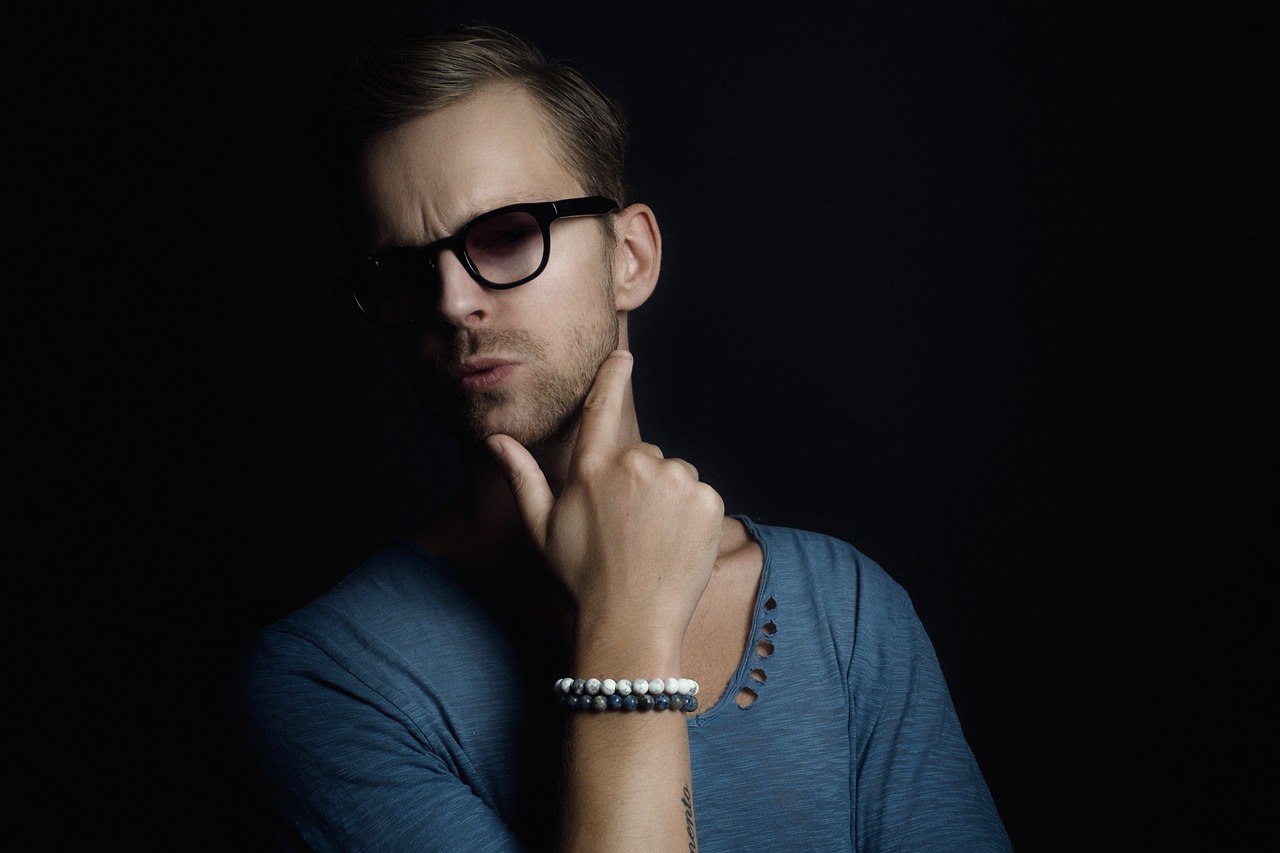Exploring Traditional Healing Practices: Incorporating Indigenous Wisdom into Healthcare
Traditional healing practices are deeply rooted in the cultural fabric of indigenous communities around the world. These practices are often passed down through generations, carrying with them a wealth of knowledge and wisdom that has been honed over centuries. Traditional healers play a crucial role in providing holistic care, addressing not just the physical ailments of individuals but also their emotional and spiritual well-being.
The cultural significance of traditional healing practices cannot be overstated. For many indigenous communities, these practices are not just about treating the physical symptoms of an illness but also about restoring balance and harmony to the individual and their community as a whole. By honoring and preserving these traditional healing practices, we not only tap into a wealth of ancient knowledge but also show respect for the cultural heritage and wisdom of indigenous peoples.
Understanding the Cultural Significance of Traditional Healing Practices
Traditional healing practices hold a deep cultural significance within indigenous communities around the world. These practices are not solely about physical healing but also encompass spiritual, emotional, and mental well-being. They are deeply rooted in a connection to nature, ancestors, and the spiritual world, reflecting a holistic approach to health and healing.
The transmission of traditional healing knowledge and techniques often occurs orally, passed down through generations within the community. This oral tradition not only preserves the healing practices themselves but also the cultural beliefs, values, and spiritual connections that are integral to the healing process. Through these practices, individuals are not only healed physically but also find a sense of belonging, identity, and connection to their heritage.
What are traditional healing practices?
Traditional healing practices are methods and techniques passed down through generations within a specific culture or community to promote physical, mental, and spiritual well-being.
Why are traditional healing practices important?
Traditional healing practices are important because they hold deep cultural significance, connect individuals to their heritage, and offer holistic approaches to healing that are often rooted in indigenous knowledge.
How do traditional healing practices differ from modern medicine?
Traditional healing practices often focus on the interconnectedness of mind, body, and spirit, while modern medicine tends to prioritize the physical aspects of health. Traditional healing practices also often incorporate rituals, ceremonies, and the use of natural remedies.
Can traditional healing practices be effective?
Traditional healing practices have been shown to be effective for many individuals in promoting overall well-being and healing. However, it is important to note that effectiveness can vary depending on the individual and the specific practice being used.
How can individuals learn more about traditional healing practices?
Individuals can learn more about traditional healing practices by engaging with elders, healers, or cultural practitioners within their community, attending workshops or cultural events, or reading books and articles on the subject.





